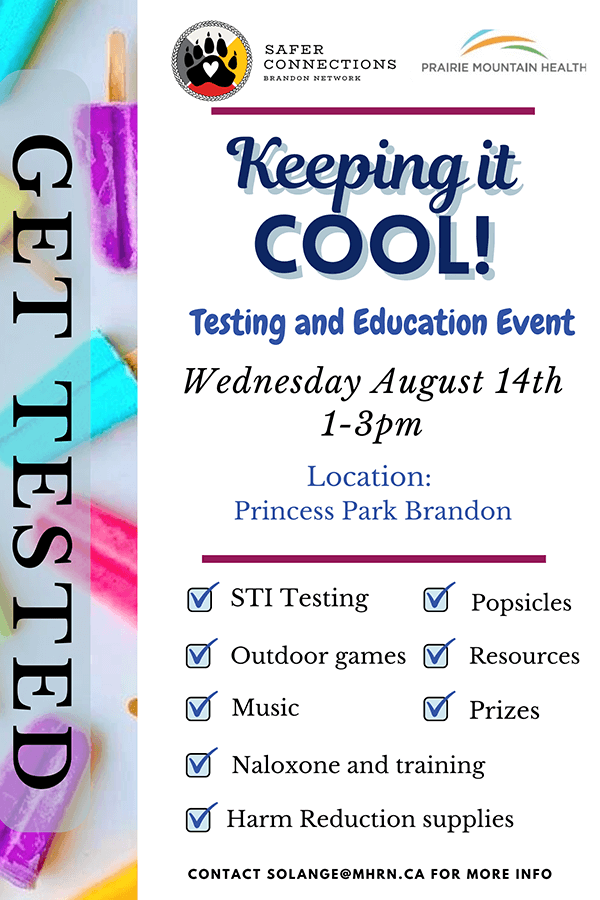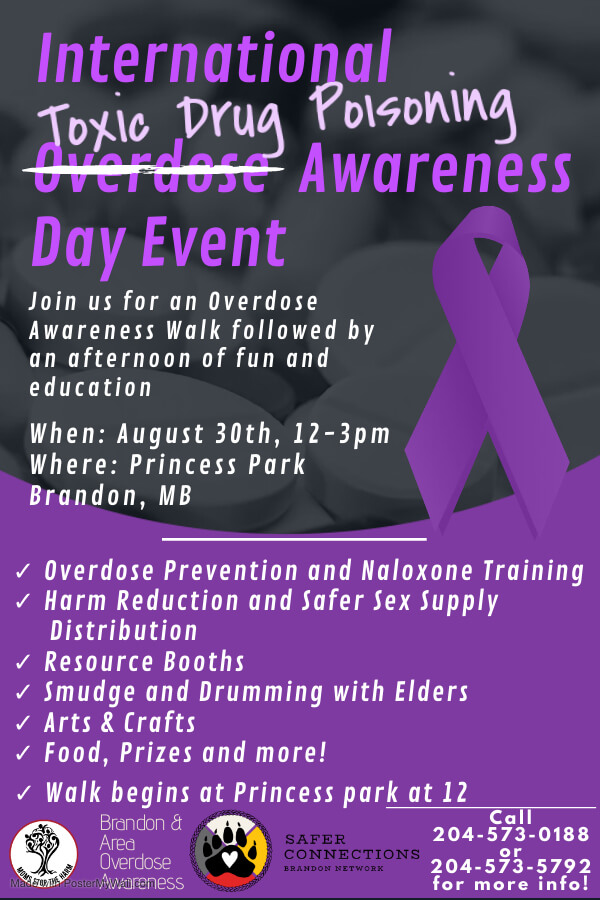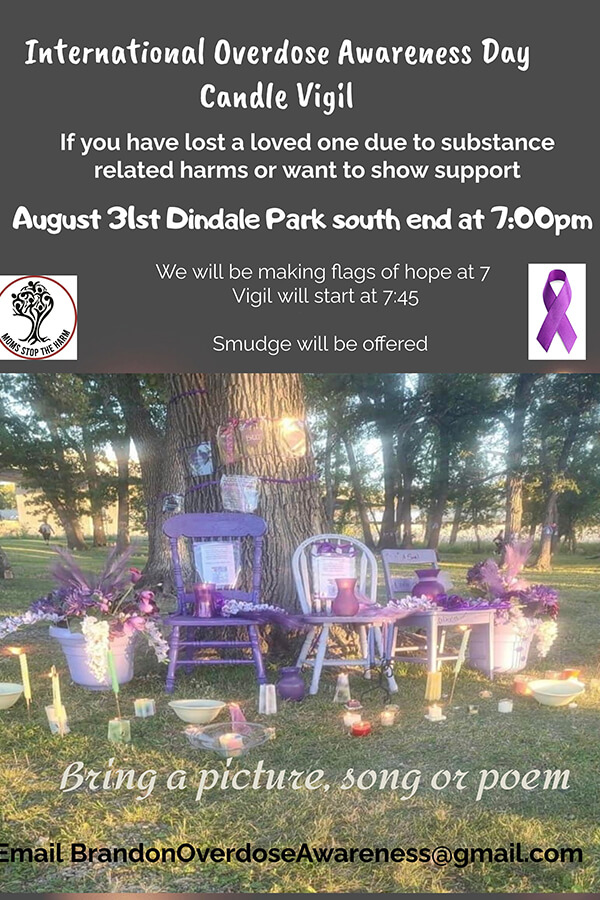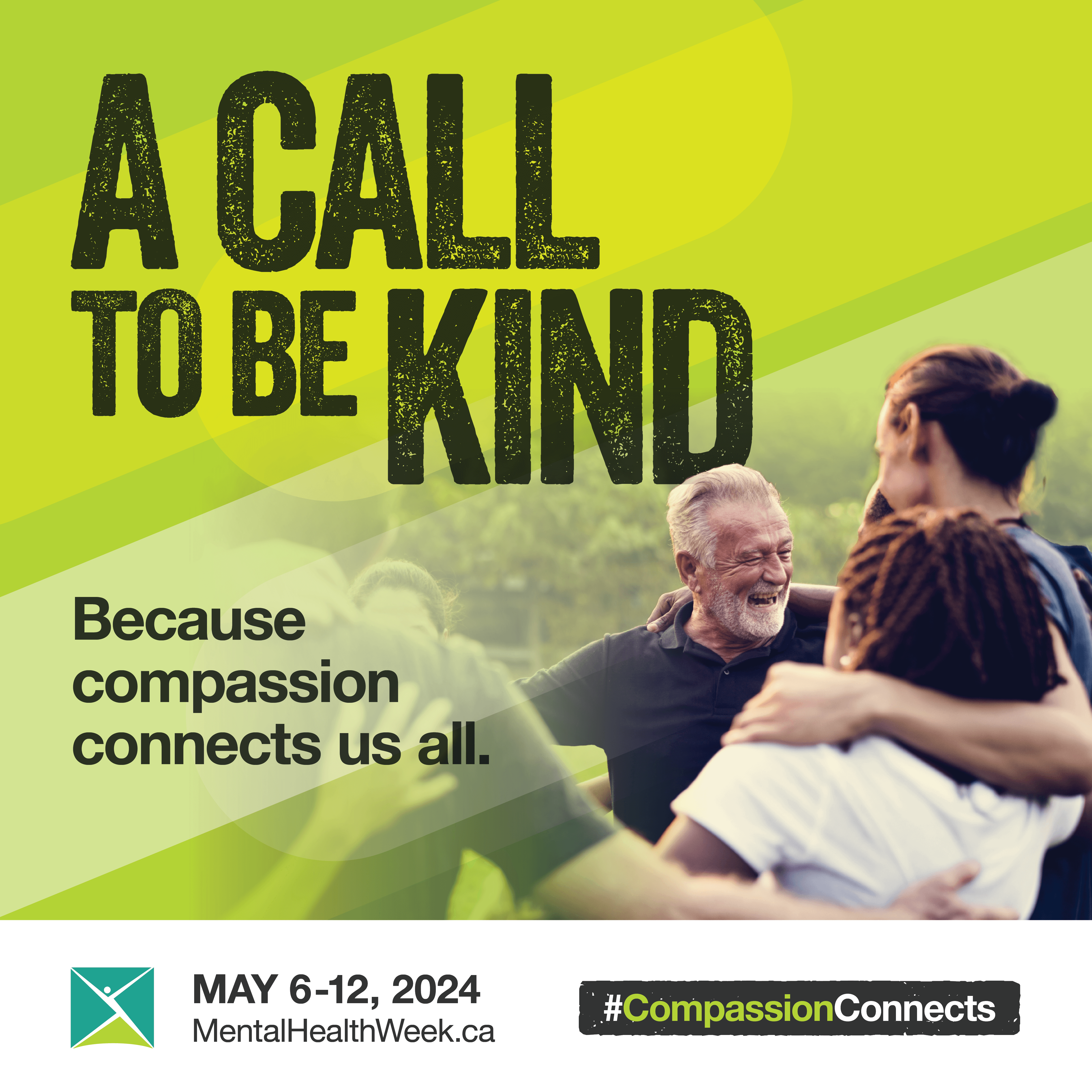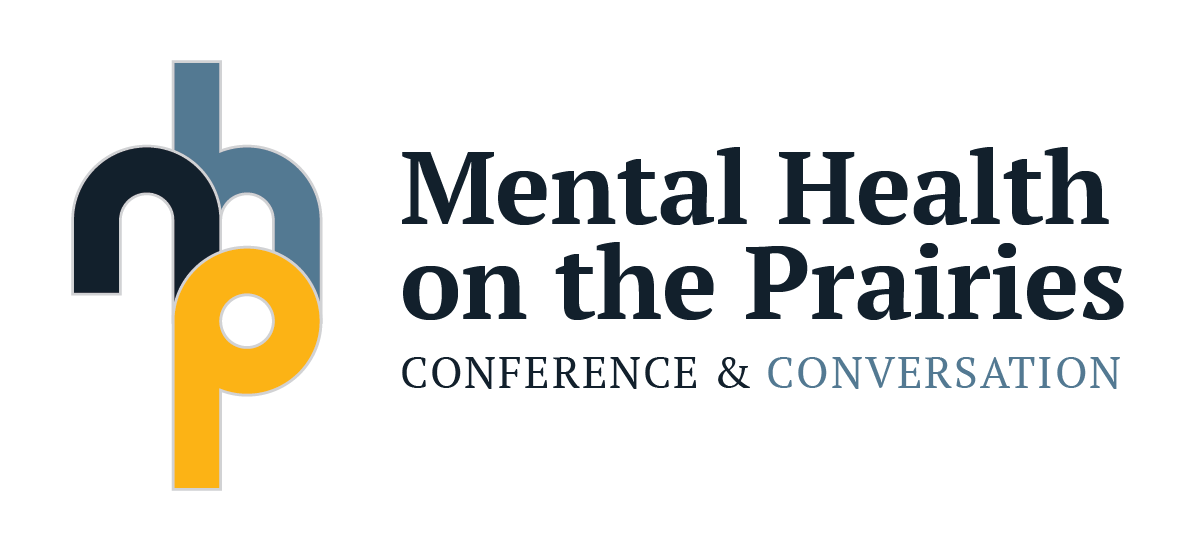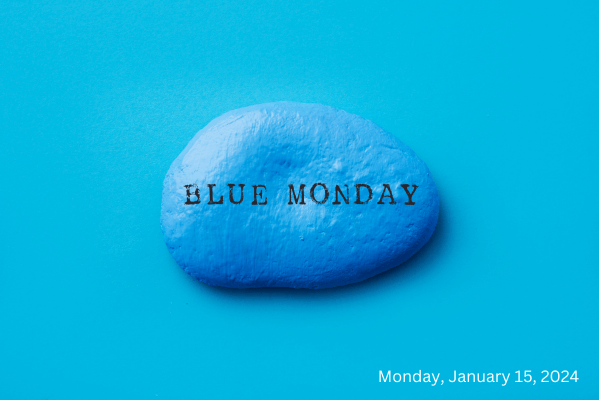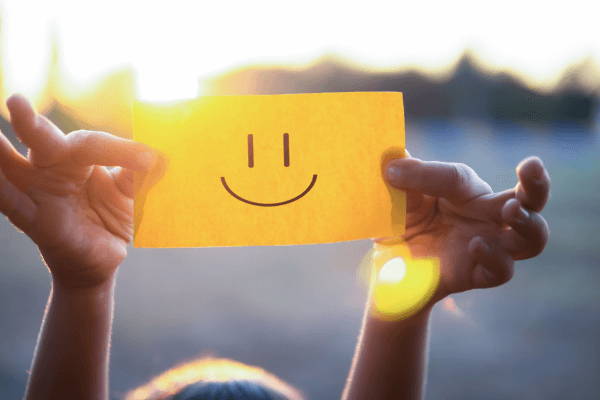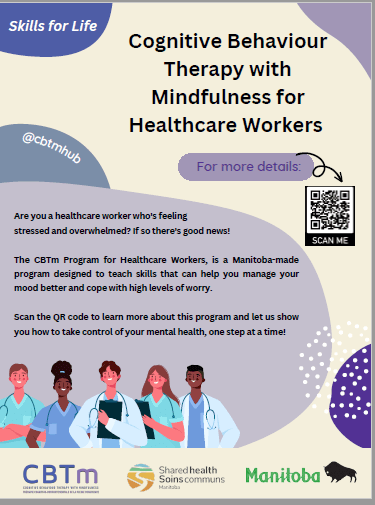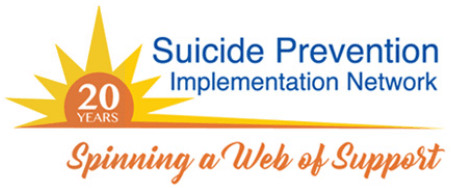Blue Monday
Heard of “Blue Monday,” but not sure what it is or what it means. Blue Monday is a term applied to the third Monday of January (January 20 this year!) and has been labelled “the most depressing day of the year.” A UK travel company conceived the idea in the early 2000s. A psychologist was commissioned to generate a formula to promote this day as the most depressing time of the year. The travel company’s goal was to sell more vacation packages to warm and sunny winter destinations. The formula looked at factors such as shortened daylight hours, bills coming due from holiday spending, cold and gloomy winter weather, and the point on the calendar where most people tend to give up on their New Year’s resolutions. Though there’s little scientific evidence to claim that it is the most depressing day of the year, in the years following, many mental health organizations capitalized on the idea to promote awareness about seasonal depression and the need for support and other self-help strategies to beat the winter blues.
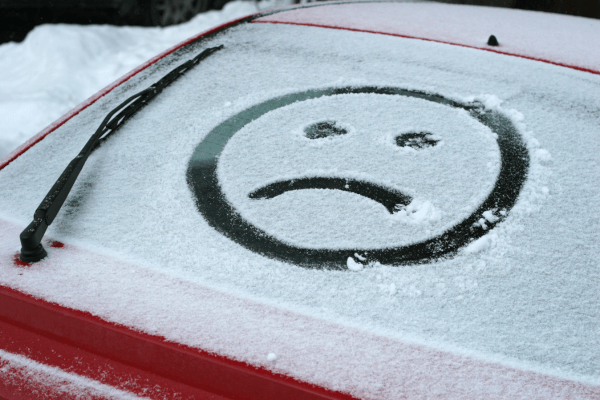
Manitoba’s winters are long, dark, and cold. People must take care of their mental health this time of year. Research suggests that up to 35 percent of the general population experience the “winter blues,” which can include changes in appetite and increased lethargy as the daylight hours grow shorter. The winter blues differs from Seasonal Affective Disorder, or SAD, which affects about three to five percent of the population and is a serious form of depression. Symptoms of SAD include feeling significantly depressed most days, decreased energy, difficulty concentrating, weight gain, loss of interest or pleasure in activities previously enjoyed, and disrupted sleep patterns.
People experiencing the winter blues or SAD can benefit from several strategies and practices to help mitigate the effects of seasonal depression. These include:
- Maximizing exposure to sunlight. Spend more time outdoors during the day and arrange indoor environments to receive maximum sunlight. The use of light therapy lamps has proven benefits as well.
- Exercise. Exercise relieves stress, builds energy, and increases mental and physical well-being. Make a habit of taking a daily noon-hour walk. Physical activity and increased exposure to natural light can raise spirits.
- Social support & Connection. When feeling down, it’s natural to want to withdraw and isolate, but strong social networks and frequent connection with others will reduce isolation, a key risk factor for depression.
- Stress reduction. Make changes in your life to help manage and reduce stress. Too much stress exacerbates depression and puts you at risk for future depression. Take the aspects of your life that stress you out, such as work overload or unsupportive relationships, and find ways to minimize their impact.
- Take Vitamin D – Low levels of Vitamin D have been linked to depression and seasonal affective disorder in adults. There is sufficient research to show that not having enough of the vitamin can lead to depression-like symptoms. Eating food rich in Vitamin D or, taking a Vitamin D supplement and getting adequate sun exposure can help reduce the risk of developing depressive symptoms.
While it may not be scientifically accurate to designate the third Monday in January, or any day of the year for that matter, as the most depressing day of the year, it does offer the opportunity to engage in healthy conversations about mental wellness, especially at this time of year. Talking openly about seasonal depression and the support that is available for those who struggle helps reduce the stigma around mental illness and opens pathways for support and recovery. This year, a number of special events have been planned in the region to highlight the effects of seasonal depression and the support available. Check out the list below to see what’s happening on January 20 in your area:
Swan River: The Canadian Mental Health Association will have a display set up from 9:00 am-4:00 pm (January 20) at the community booth in the Swan Valley Co-op food store. Drop by to pick up information on mental health and chat with a CMHA representative.
Roblin: HERO Club West will be going to the Roblin Residence and playing Blue Bingo with Blue Prizes, Blueberry muffins with Blueberry Tea and Coffee.




